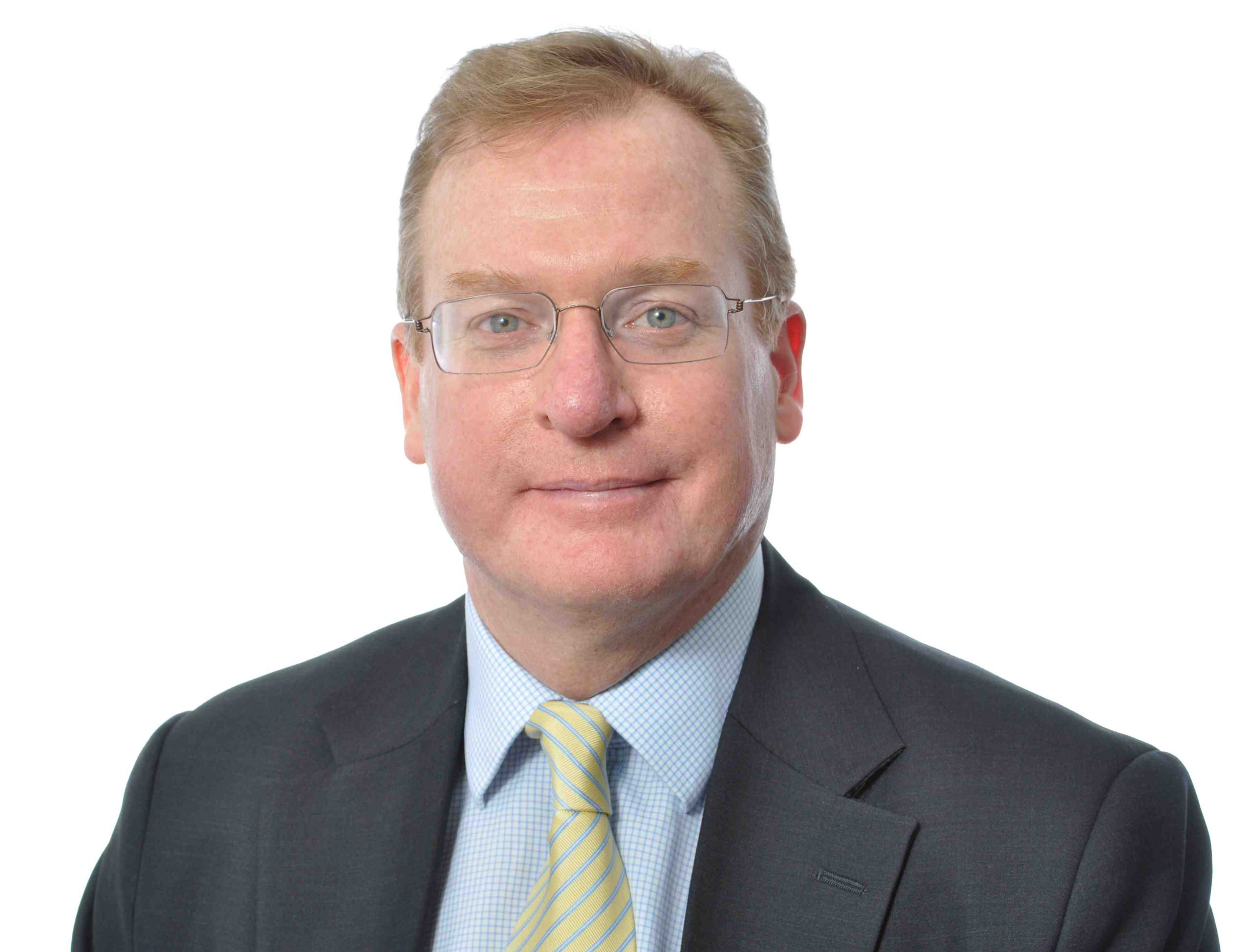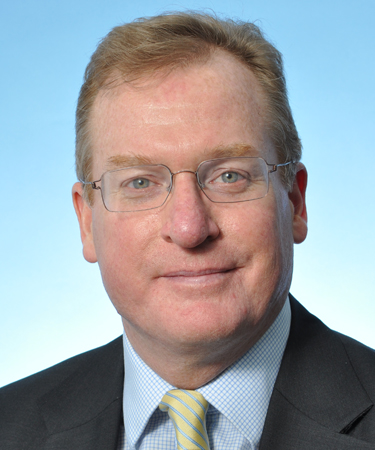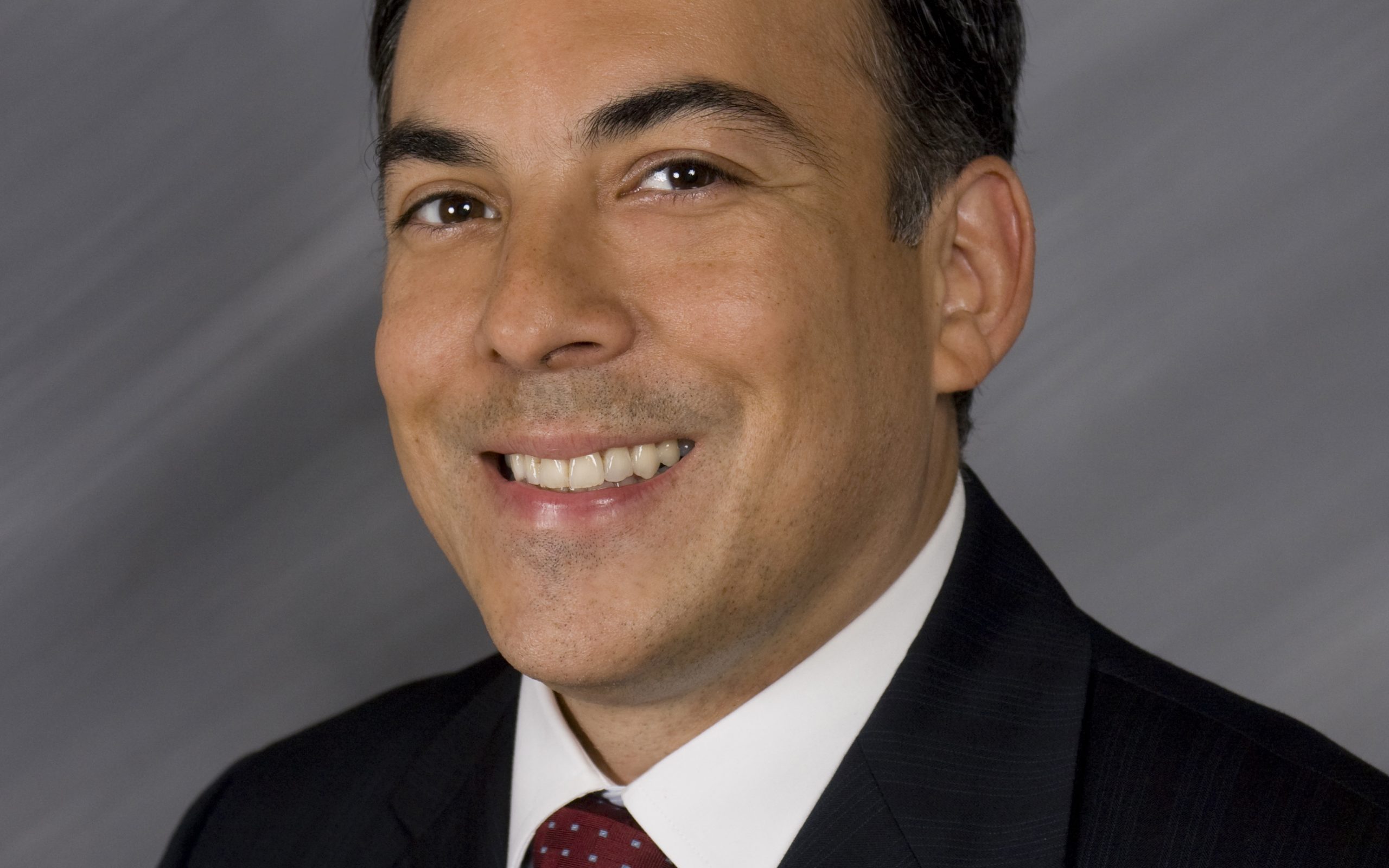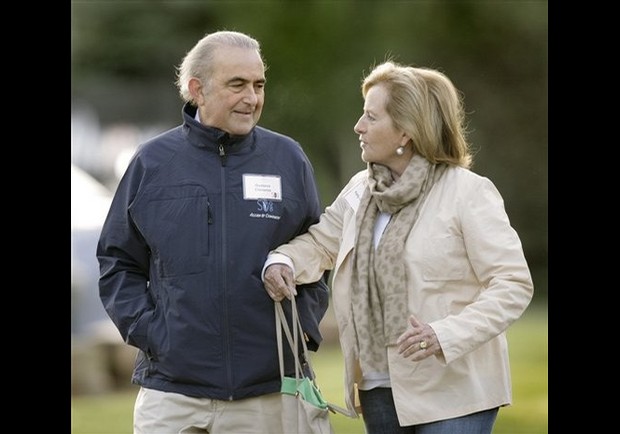Venezuelan president Hugo Chavez passed away on Tuesday, 5 March, at the age of 58, following a protracted period of illness. One of the world’s most influential socialist leaders, Chavez leaves behind a complex legacy that is certain to polarise opinion, and his death raises considerable questions about what the future holds for the oil-rich Latin American state.
Chavez took strongly nationalistic measures to redistribute wealth and improve living standards for the poor. From 2002 and 2010, poverty in Venezuela fell from 48.6% to 27.8% (Source: United Nations Economic Commission for Latin America), improving financial conditions for a fifth of the population. This came at a cost, however, with unaccountable centralised government control eroding democracy and freedom of speech.
Chavez was also instrumental in increasing Venezuela’s reliance on oil revenues. In 1998, the year before Chavez took power, oil represented 77% of the country’s total annual exports (ABC News, January 2013). The other 23% came from a range of goods and services, half of which was privately owned. By 2011, oil made up 96% of exports – meaning that the Venezuelan economy was almost entirely reliant on the price of oil and the generation of oil revenues to support government spending.
While Venezuela has the world’s largest proven oil reserves (around 296.5 billion barrels), the economy, characterised by excessive inflation, an overvalued currency, a high deficit and rising debt levels, badly needs rebalancing. But this is not something that will be corrected easily. Chavez’s policy of repatriation of foreign-owned assets ensured domestic support, but alienated investors and led to protracted compensation disputes. The move to expropriate oil company assets included major industry players Exxon Mobil and ConocoPhillips, which lost controlling interests in significant oil fields in the Orinoco Basin.
Although this ensured that primary control of Venezuela’s natural resources was returned to the state, through Petroleos de Venezuela (PDVSA) – the national oil company – it removed access to the technology, machinery, equipment and expertise that was vital to developing Venezuela’s oil reserves. Consequently, there has been no significant foreign investment in the oil sector in recent years, and oil output remains well below its peak in 1997.
Hugo Chavez’s death is unlikely to result in quick changes, but it could ultimately result in a political shift that would reopen the country’s energy industry to foreign investment. As heir-apparent to Chavez, Vice President Nicolas Maduro, who has the support of the country’s military, will look to tap into a strong following wind of socialist popularity, both domestically and elsewhere in Latin America, Eastern Europe and the Middle East. Chavez’s death could, alternatively, pave the way for the opposition, led by Henrique Capriles (who lost to Chavez in the presidential electionin October 2012), to win power and introduce more market-friendly policies.
Should Maduro win it seems likely that he will maintain Chavez’s popular stance against the US and its allies, continuing to offer Cuba oil at preferential prices (Venezuela currently fulfils approximately half of Cuba’s demand for petrol). He will also need to provide reassurances to China, which has developed a strong relationship with Venezuela in recent years, making loans to the government in return for oil.
PDVSA has, as yet, given no indication of any plans to open its doors to foreign investment – no surprise given the lack of clear instruction over future policy. It will take years to increase production and exports, but whichever party manages to establish a new government it will have a powerful economic incentive to make it a high priority.
What does this mean for our funds? We have taken care over the years to control exposure to economic hot spots (such as Venezuela and Argentina). As expected, due to the uncertain nature of the country’s stockmarket we have no direct holdings in Venezuela stocks and we have also been careful to ensure that indirect exposure remains very limited. High risk of currency devaluation, continuing fiscal imbalances, a legacy of nationalisation of private assets, and a lack of currency convertibility will persist as long as Venezuela’s leaders are committed to maintaining the unorthodox economic policies of former President Chavez.





 By Fórmate a Fondo
By Fórmate a Fondo